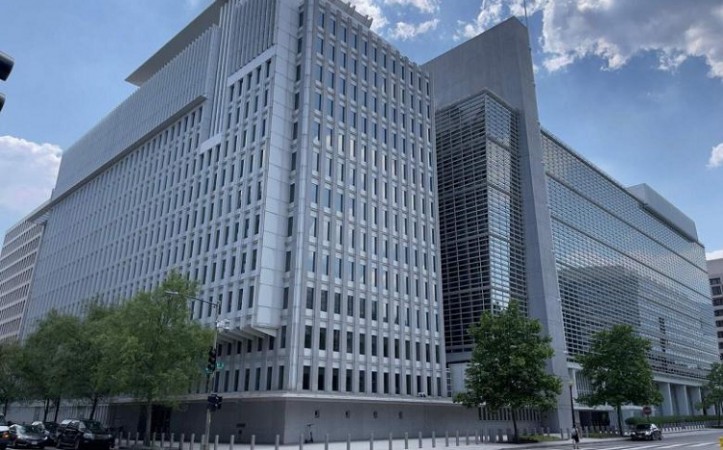
The World Bank has announced that it will resume two separate processes requested by India and Pakistan in connection with the Kishenganga and Ratle hydroelectric power plants in the Indus basin, after failing to find an acceptable solution in five years to the risk posed to the Indus Water Treaty (IWT).
The World Bank announced on Thursday night that the decision had been formally informed to India and Pakistan in letters.
Ratle is an 850 MW run-of-river project on the Chenab river in Kishtwar district, while Kishenganga is a 330 MW hydro-electric project in Bandipora district, both in Jammu and Kashmir.
India and Pakistan have clashed over technical aspects of the project, questioning whether the two projects are in violation of the IWT. "Pakistan requested that the World Bank assist in the establishment of a Court of Arbitration to assess its reservations about the designs of the two hydroelectric power projects," the World Bank stated. "India requested the appointment of a Neutral Expert for the same purpose."
The World Bank declared a pause in the two separate processes on December 12, 2016, to allow the two countries to evaluate other options for resolving their differences. The World Bank has since supported and worked with both countries to find a peaceful solution, according to the statement.
World food prices hit historical high over Ukraine war: FAO
US travel advisory for Pakistan alerts of terrorism, LoC conflict
Ukraine conflict, climate action play key role in Canada's budget